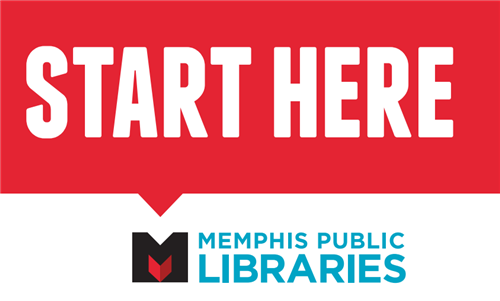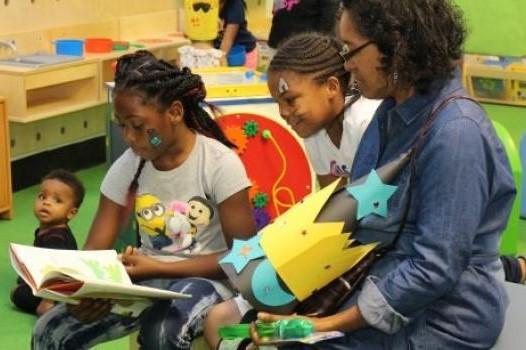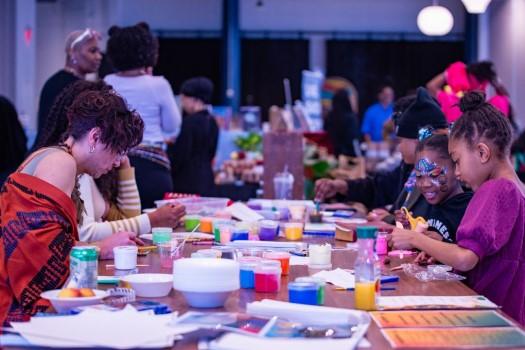Nathan reviews The Princess Saves Herself in This One by Amanda Lovelace, Andrews McMeel Publishing, 2017, 208 pages (ebook)
Poetry in some ways has always been an elusive genre for me. Being able to emotionally connect with the words I read has never been an issue. Rather, I always think, “I will make time for that later.” I love poetry yet neglect it, so I am quite behind on the genre and its styles. The Princess Saves Herself in This One is my attempt to get back to the genre. While many may have disagreements regarding Amanda Lovelace’s writing being poetry, it surely is not prose. That is an argument I choose to ignore. For now, I just focus on the flow and emotion.
Lovelace’s work is clearly autobiographical, though there is an attempt to veil it early on–alternatingly crossing out “I” or “the princess.” The flow of the work itself brings about jagged and painful memories, moments of life that are slow and drag along or are quick and piercing. Pacing aside, the imagery and emotion are real. I was on the verge of crying after only ten pages. That heavy emotion remains. Despite moments of clarity or relief, it is like Lovelace e is being held down, like a balloon anchored to its weight, never achieving anything higher. Trauma, as in Lovelace’s case, is incredibly painful and scarring yet can allow some to see other aspects of life with greater appreciation as a result. Eventually, though, the string to her balloon comes loose so that she can reach higher.
I said I can emotionally connect with words, but I never claimed to fully understand their meanings. One can have an emotionally rich response without ever truly knowing why. There were moments of such strong feelings that made me pause, reread, and feel once more, though maybe somewhat differently. Other times it felt as if the emotions were set out and prepared for me ahead of time, and I did not have a choice but to experience those feelings, like the words knew exactly what to expect of my heart. This is why I try to approach poetry with an open mind and an open heart. Far more than once did I find myself reading pages blurred by tears. In many cases, I had to force myself to slow down. I kept reading faster and faster, as if I were chasing my own heart.
Separate. Connected. Diverse. Unified. Her words paint an abstract vision of her life–what it was and will be. Ideas come and go and come again throughout the work. Even with the back and forth, there is progress and moving forward, improving. Through it all, Lovelace begs the reader to learn from her experience, to take her shortcomings and struggles and, simply put, do better. Fight for yourself or your cause (“slay those dragons.”). Care for others. Accept yourself for who you are, especially when others are unwilling.
Love. Grow. Change






